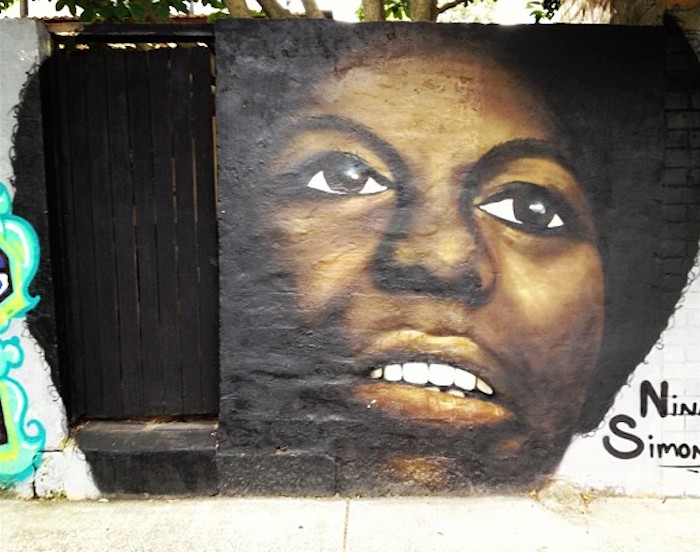Tech product decisions result in the constant alienation of diverse users.
Issue 40
on August 17th, 2016
Handling of online abuse often leads to *further* oppression of marginalized voices.
Issue 40
on August 15th, 2016
Verification fragments an open platform based on social hierarchy and provides rewards and treatment accordingly.
Issue 38
on June 21st, 2016
Discussing community, intellectual property and media accountability with April Reign, creator of #OscarsSoWhite and Jamie Broadnax of Black Girl Nerds.
Issue 35
on March 28th, 2016
Not only can the origins of many memes be found in Black creators or online Black communities (Black Twitter, Black Tumblr, Black nerd culture at large), memes appear to model the circulatory movement of Black vernacular itself.
Issue 28
on October 14th, 2015
Anti-content control rhetoric supplants widely-available psychological and sociological facts for misinformed opinions that are not only insufficient for helping others manage their own mental state, but offer wholly inadequate solutions for online abuse.
Issue 22
on June 10th, 2015
As women of colour, online spaces and social networks have enabled us to produce and control our own stories, build networks and communities and find our scattered tribes.
Issue 22
on June 9th, 2015
The punishment for stepping out of line can be anywhere from regular harassment to doxxing, and as Black femmes are hypervisible but ultimately powerless, they are regularly crushed in such attacks.
Issue 21
on May 18th, 2015
Beauty is a litmus test for white supremacy: the closer your ability to pass as white, the better your chance of being deemed beautiful, and the further your chances from being killed.
Issue 18
on March 19th, 2015
While trends are provoking of such surprise and dismay, are so formidable, so worthy of journalistic inquiry and coverage, there is little to no critical analysis of “trending” itself.









